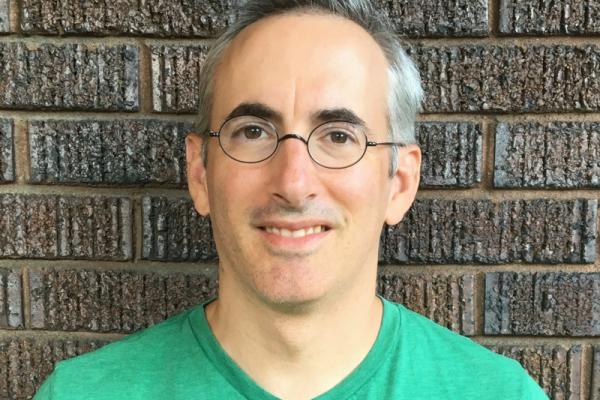
The work of literary analysis is typically understood in terms of critical reading practices, the assumption being that we can achieve more perceptive and persuasive interpretations of literary narratives by becoming better readers. Drawing on his forthcoming book The Writer in the Well: On Misreading and Rewriting Literature, which examines students’ responses to a single short story, Gary Weissman proposes that literary analysis is better understood as an activity conducted largely in and through writing. Addressing literary interpretations as “rewritings” rather than “readings,” he rethinks presumptions that have shaped how literature is taught and analyzed. Taking an approach that crosses various theoretical schools (narrative theory, poststructuralist theory, psychoanalytic theory) and fields in English studies (literary studies, creative writing, composition studies), he rethinks authorial intention, advocates that interpretation be recognized as a collaborative, cumulative, and open-ended process, embraces uncertainty to facilitate discovery, and treats the borderland between credible interpretations and errant misreadings as a gray area in which the most instructive probing of literary narratives may occur.
Gary Weissman is Assistant Professor of English and Comparative Literature at the University of Cincinnati. His book The Writer in the Well: On Misreading and Rewriting Literature will be published in the Theory and Interpretation of Narrative series by The Ohio State University Press in December 2016. Weissman is also the author of Fantasies of Witnessing: Postwar Efforts to Experience the Holocaust (Cornell University Press, 2004) and essays on Holocaust literature, film, and scholarship as well as the teaching and practice of literary interpretation.
This event is free and open to the public.
